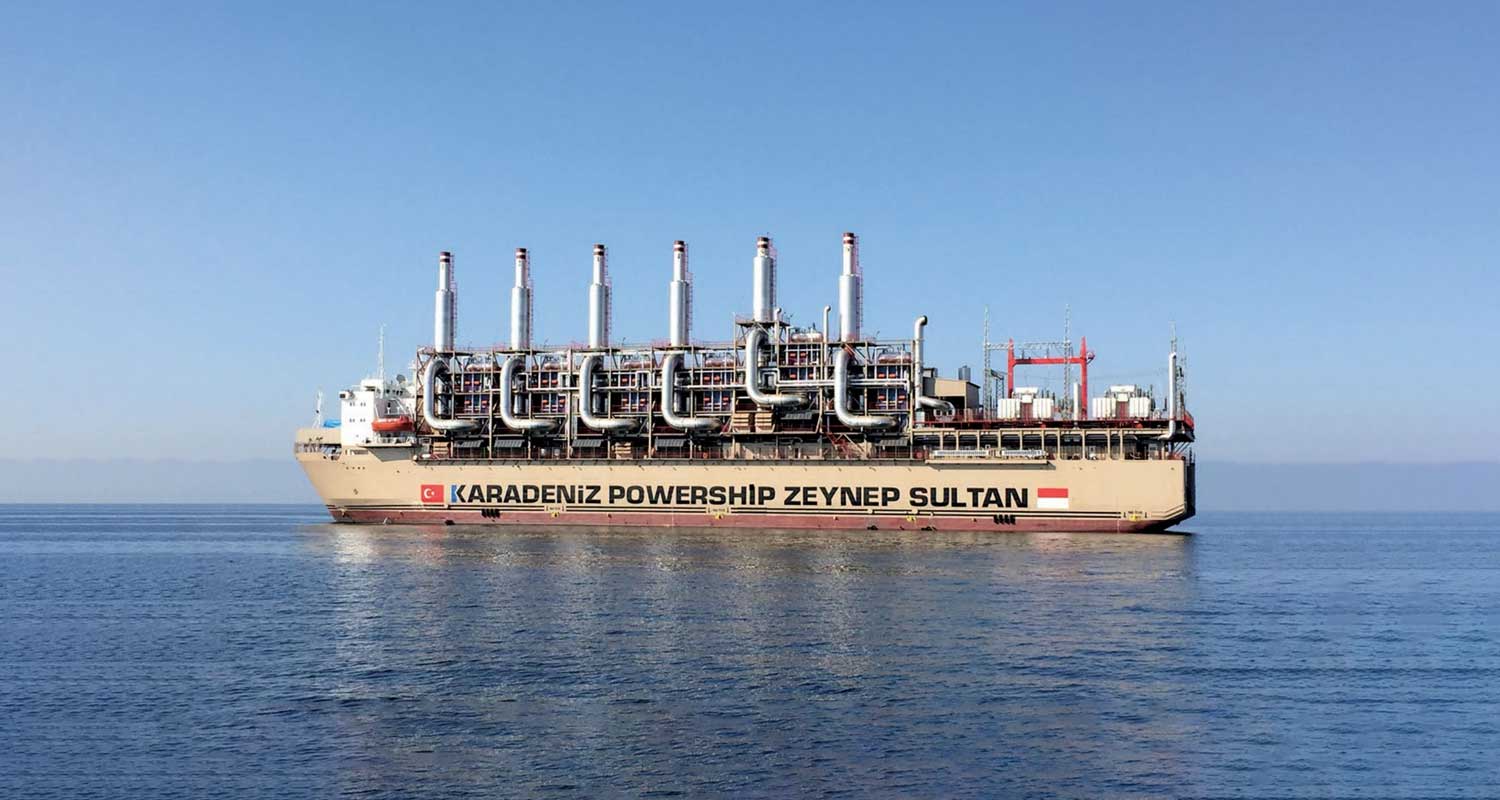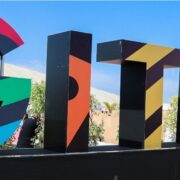
 Karpowership, the Turkish company seeking to supply power to South Africa, said it will demand a retraction from André de Ruyter, the former CEO of Eskom, because it said he had inferred the firm was corrupt.
Karpowership, the Turkish company seeking to supply power to South Africa, said it will demand a retraction from André de Ruyter, the former CEO of Eskom, because it said he had inferred the firm was corrupt.
The company, which generates electricity from ship-mounted, gas-fired power plants, in 2021 won about 60% of an emergency tender seeking to secure 2GW of power to ease shortages that have plagued South Africa for almost 15 years. Court challenges from rival bidders and environmentalists and a yet-to-be resolved delay in getting Eskom to sign a power-purchase agreement have stalled the deal.
In an wide-ranging interview broadcast on e.tv on 21 February, De Ruyter said a search on Karpowership would reveal that “there is an extensive legacy of alleged corruption, breaches of contract and abuse” when it comes to the company’s dealings with countries that have used its ships.
There is an extensive legacy of alleged corruption, breaches of contract and abuse
De Ruyter’s comments “inferred, if not directly represented, that Karpowership is corrupt,” the company said in a statement. “Karpowership unequivocally and unconditionally denies any allegations of impropriety on its part and rejects and dismisses insinuations of corruption.”
The interview, in which De Ruyter also said Eskom had fallen victim to corruption involving officials from the ANC, has seen the former CEO attacked by government ministers who questioned his motives and blamed him for power cuts. While he was due to leave at the end of March, Eskom’s board asked him to leave the day after the interview was broadcast. Opposition parties, the ANC and labour unions have demanded he reveal who he was implicating.
De Ruyter didn’t immediately respond to an e-mail and text message seeking a response.
Stiff opposition
The government’s decision to award Karpowership the bulk of the emergency tender met stiff opposition from climate activists and other civil society organisations because of the cost of the 20-year contract and the potential environmental impact the three power plants would have.
“There is absolutely no justification for concluding a 20-year agreement with a company that can raise the anchor, literally, and literally sail away with the asset the country has paid for,” De Ruyter said in the interview.
The Turkish company said the government would be paying for the power and not the assets, and it was assuming all of the risk as it would need to meet strict performance requirements.
Read: De Ruyter ousted after tearing into the ANC
“Defaulting on the power purchase agreement would not only give rise to damages for breach of contract, but very significantly would mean that Karpowership would not recover anything for a significant upfront investment,” the company said.
Read: Karpowership to get regulatory decision by March
It also said Eskom’s demand that it sign an indemnity agreement, when none had been requested from other successful bidders in the tender, was irregular. Nevertheless it had offered to make amendments to “the power purchase agreement anti-corruption undertakings”, and provide indemnity for any legal costs the utility might incur. — (c) 2023 Bloomberg LP
Get TechCentral’s daily newsletter









Comments